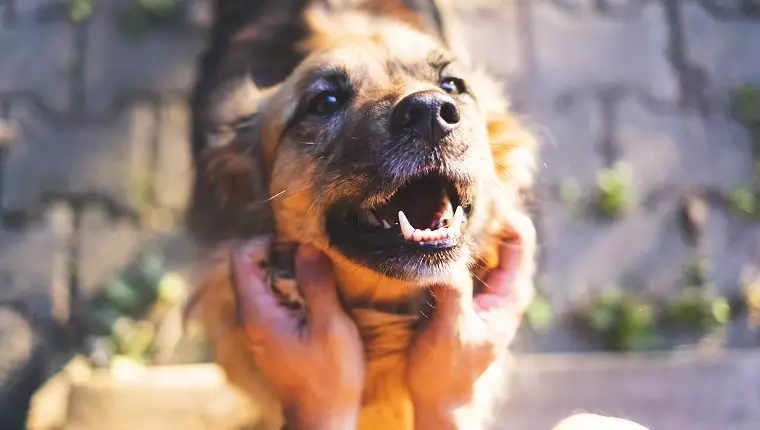Just as we prioritize our health and hygiene, our furry companions deserve the same level of attention, especially concerning their dental well-being. Often overlooked, dental care is vital not just for a dazzling smile but for maintaining long-term health in dogs. Neglecting dental hygiene can lead to a multitude of health issues, including heart disease, kidney problems, and severe oral pain. Although it might be an intimidating task for many pet owners, establishing a thoughtful dental care routine can be simpler than one might think. It requires understanding the key components of canine dental health and a bit of commitment.
Learning the Basics of Dog Dental Care
One of the first steps in maintaining your dog’s oral health involves observing their mouth regularly. A weekly inspection can do wonders. Healthy dog teeth shine bright white, devoid of any brownish tartar or plaque, particularly near the gums. Equally important are the gums; they should present a healthy pink color, without any signs of redness or swelling. Pay attention to your dog’s behavior as well; excessive drooling, difficulty eating, or noticeably bad breath can indicate underlying dental issues that may need urgent care. If you notice any irregularities, the best course of action is to consult a veterinarian to address these concerns swiftly.
Regular Veterinary Visits: A Non-Negotiable
Professional dental check-ups are essential for your dog to ensure optimal oral health. Veterinarian-recommended dental examinations should ideally be part of your pet’s annual health assessment. Depending on your dog’s specific needs, a check-up could be beneficial just twice a year. While the cost of professional cleanings can appear daunting, think of it as an investment in your pet’s long-term health. Regular vet visits not only allow for thorough cleanings but also help catch potential issues before they escalate into serious problems.
Mastering the Art of Tooth Brushing
Shifting the focus to home care, brushing your dog’s teeth emerges as a fundamental practice. While humans typically brush their teeth daily, it’s crucial to make dog brushing a routine as well. Daily brushing would be ideal, but even several times a week can have a significant impact. Remember, using toothpaste designed specifically for dogs is crucial, as human toothpaste can contain harmful ingredients that are toxic to our furry friends. Dog-friendly toothpaste comes in flavors that your pet will actually enjoy, such as chicken or peanut butter, making the process far more appealing.
Starting this habit early in a puppy’s life is optimal, as they can become accustomed to the routine. However, it’s never too late to introduce new habits. For older dogs who may be resistant, gentle techniques can help ease them into the process. Introduce dental care gradually by touching their mouths with food-laden fingers or using positive reinforcement to promote a relaxed atmosphere.
Alternatives for the Reluctant Pup
Dogs can be unpredictable, and some may refuse to tolerate brushing altogether. For those instances, there are effective alternatives that can help maintain their dental health. Dental wipes are excellent for on-the-go cleaning; while not as thorough as brushing, they can still reduce plaque build-up effectively. Additionally, water additives are an option to explore—they can help minimize bacteria and controll plaque and tartar accumulation in your dog’s mouth.
Also, keep in mind that food choices play a significant role in oral health. Crunchy kibble, for instance, can aid in scraping away harmful plaque, and there are specially formulated dental treats on the market that are designed to promote healthy teeth. Always opt for veterinarian-recommended products. Some treats and toys, while beneficial, can be harmful if they are too hard and could potentially crack your dog’s teeth.
Empower Your Dog’s Dental Health Journey
To ensure that your dog enjoys a happy and healthy life, prioritizing dental care practices is essential. Observing their teeth and gums, maintaining regular veterinary appointments, and being proactive with at-home dental care can significantly improve your pup’s quality of life. Emphasize a routine that incorporates effective brushing techniques while allowing the flexibility of alternative dental care methods when needed. Remember, a bright smile is not just pleasing to the eyes; it reflects a healthy and happy dog ready to share those affectionate moments with you.

